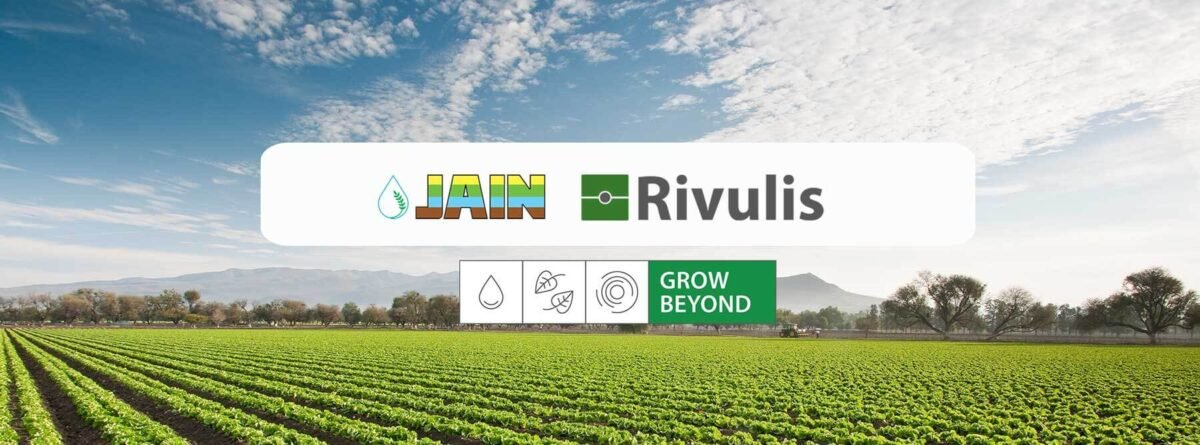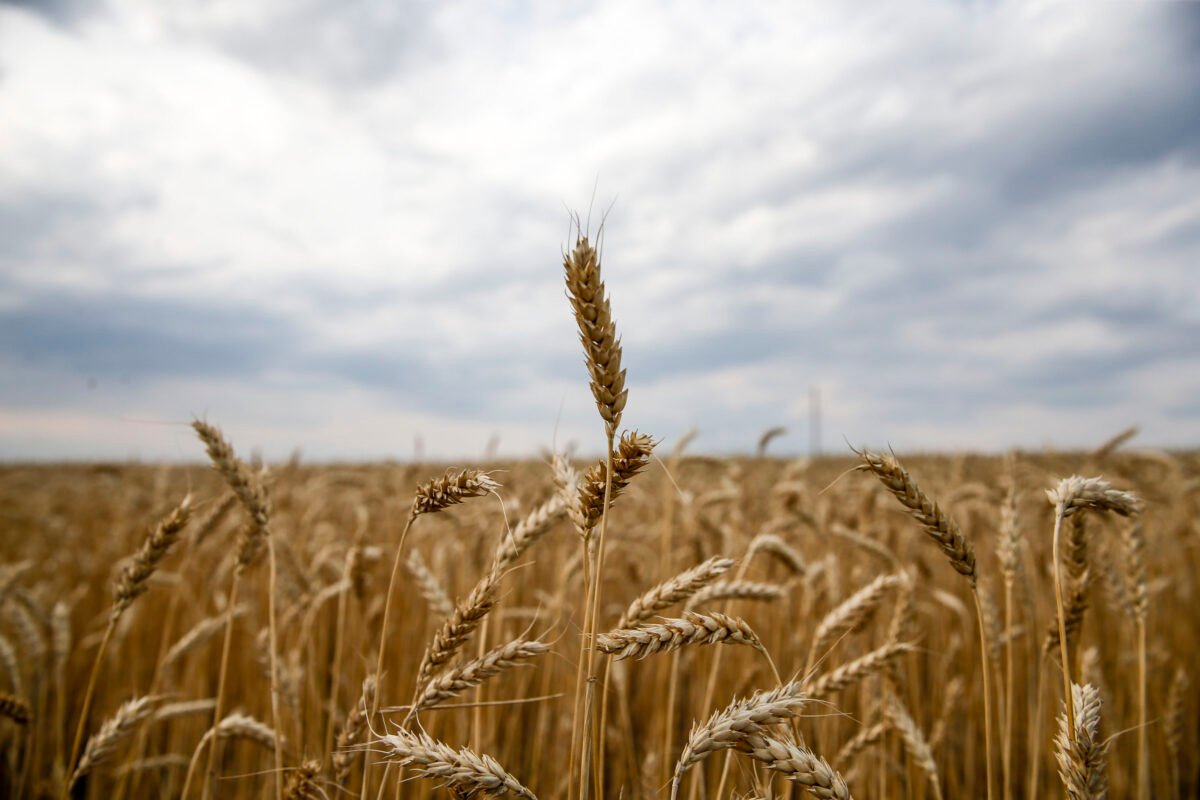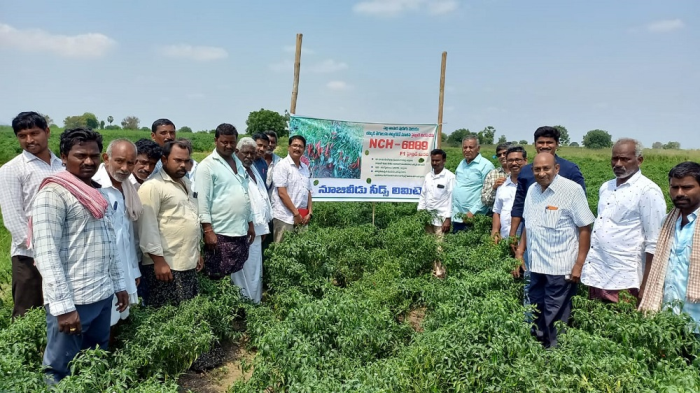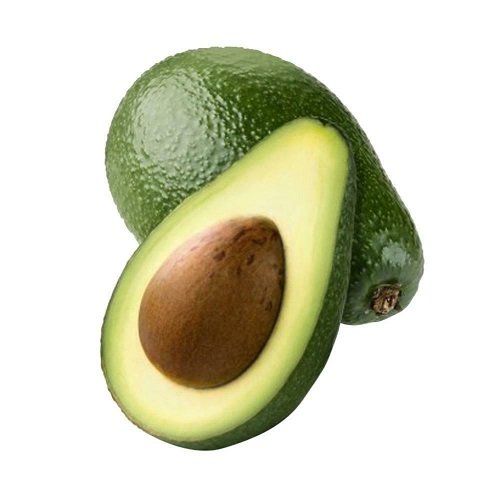Rivulis Pte. Ltd completes acquisition of Jain Irrigation’s International Irrigation Business
Rivulis will finance the acquisition with additional investment from Temasek as well as newly issued shares to Jain India.
Singapore based Rivulis Pte. Ltd. has announced that it has received full regulatory approval for the acquisition of multiple overseas subsidiaries which comprise the International Irrigation Business (“IIB”) of Jain Irrigation. With this acquisition, Rivulis will lead the mass adoption of modern irrigation solutions and digital farming by growers and business partners to create an irrigation and climate leader globally. The acquisition has been finalized after all government authorizations and the precedent conditions required by the Share Purchase Agreement have been obtained and completed. Rivulis will finance the acquisition with additional investment from Temasek as well as newly issued shares to Jain India; In addition, debt issuances of Jain USA and NaanDanJain will be refinanced immediately post-Closing through a syndicated facility signed with leading banks including HSBC, Rabobank, State Bank of India, ING, Bank Leumi and the First International Bank of Israel.
Richard Klapholz, Rivulis CEO, commented: “As mentioned during the deal announcement last June, we are thrilled to have both companies join forces to build a long-lasting, purpose-led company, spearheading the transformation of agriculture through its focus on accessibility, innovation and sustainability. Since then, the employees of all companies have worked hard to jointly plan for this day, when we all become one company. Together, we will benefit from significant operational economies of scale and far reaching in-the-field presence, enabling us to be close to growers and business partners. We will also benefit from the most comprehensive micro irrigation and digital farming offering and most importantly from a fully committed, diverse employee base. I, wholeheartedly, welcome the Jain USA, AVI, IDC and global NaanDanJain teams and am certain that, as one company, we will become a formidable force as we establish ourselves as a global irrigation and climate leader. Water-efficient, environmentally sustainable technologies, such as micro irrigation, are needed to holistically address the global food and water security challenges. Together with our two shareholders, Temasek and Jain Irrigation, Rivulis’ next chapter will be an exciting one as we realize our GROW BEYOND mission to help growers achieve sustainable livelihoods and to become a global sustainability champion.”
Rivulis will finance the acquisition with additional














